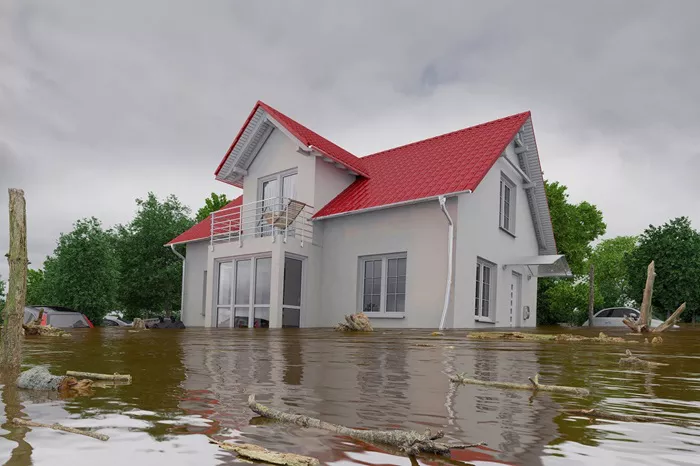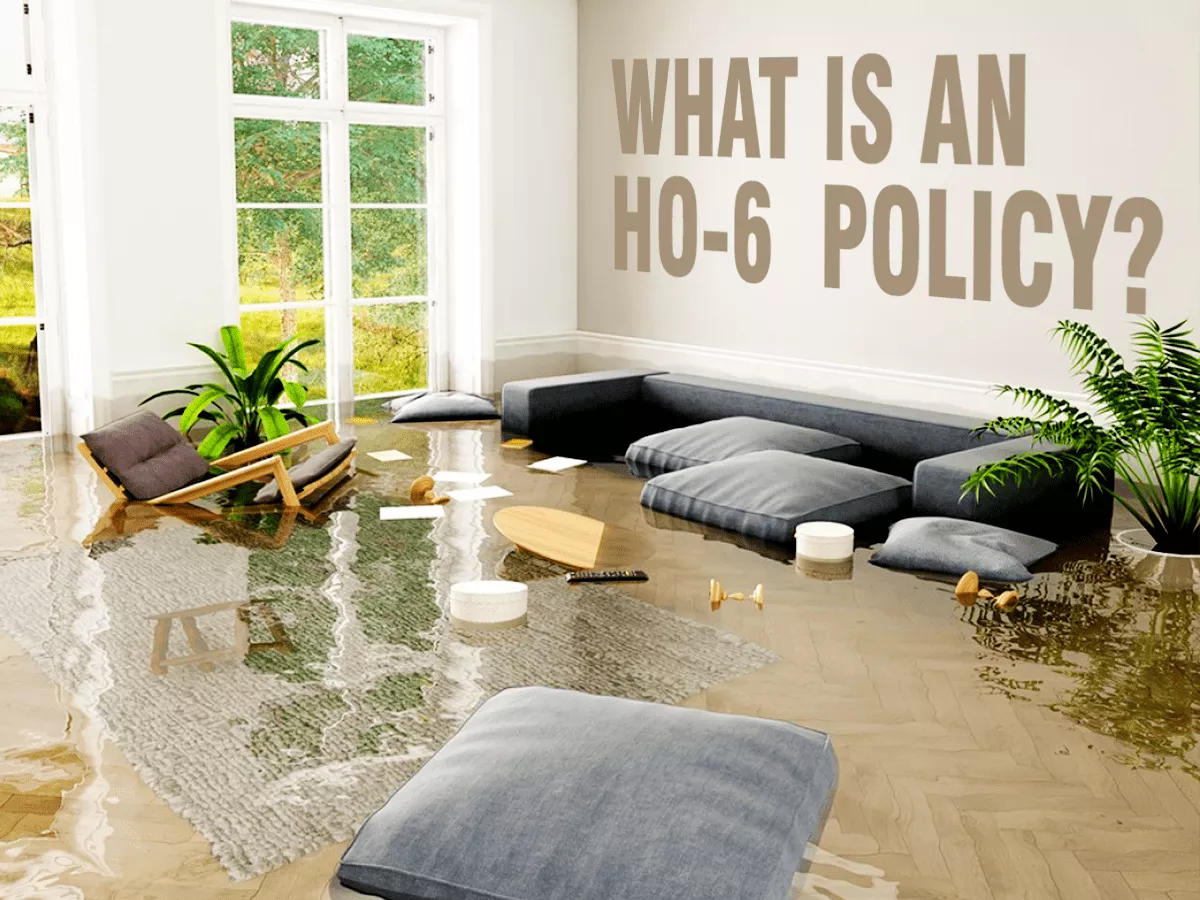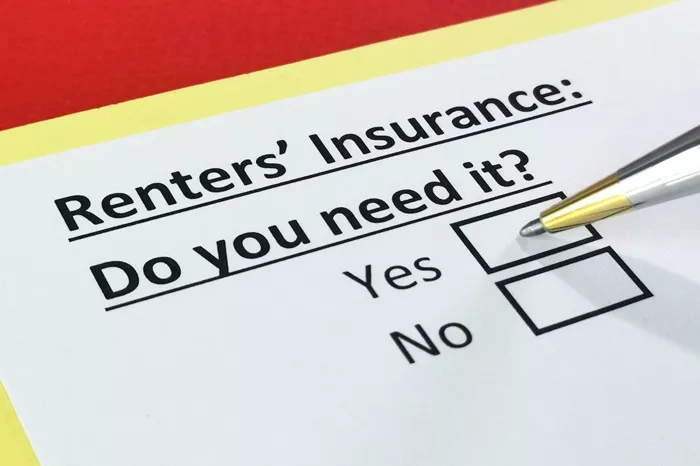When purchasing a home, one of the critical considerations is whether to invest in homeowners insurance. This question, “Do I Really Need Homeowners Insurance?” often arises among new homeowners and those seeking to better understand their existing policies. This article delves into the necessity, benefits, and considerations of homeowners insurance to help you make an informed decision.
Understanding Homeowners Insurance
Homeowners insurance is a type of property insurance that covers losses and damages to an individual’s house and assets in the home. It also provides liability coverage against accidents in the home or on the property. Understanding the components of homeowners insurance is crucial in evaluating its necessity.
Protection Against Property Damage
Homeowners insurance typically covers damage to your home from specific perils such as fire, theft, vandalism, and certain natural disasters.
For example, if a fire breaks out and damages part of your house, homeowners insurance can help cover the repair costs.
This coverage extends to other structures on your property, such as a garage or shed, and personal belongings inside your home.
Liability Protection
Homeowners insurance also includes liability protection. This means if someone is injured on your property, your insurance can help cover medical expenses and legal fees if a lawsuit is filed.
Without this coverage, you could be personally responsible for these costs, which can be substantial.
Additional Living Expenses
If your home becomes uninhabitable due to a covered peril, homeowners insurance can cover the cost of temporary housing.
This includes hotel bills, restaurant meals, and other living expenses incurred while your home is being repaired or rebuilt.
Mortgage Requirement
Most mortgage lenders require borrowers to have homeowners insurance as a condition of the loan.
This protects the lender’s investment in your property.
Without homeowners insurance, you may not be able to secure a mortgage, making it essential for homebuyers.
Peace of Mind
Knowing you have financial protection against unexpected events can provide significant peace of mind.
Homeowners insurance ensures that you won’t be left to cover large, unexpected expenses out of pocket.
Evaluating Your Coverage Needs
While homeowners insurance offers numerous benefits, it is essential to evaluate your specific coverage needs to ensure you are adequately protected.
Assessing Property Value
The value of your home and belongings should be accurately assessed to determine the appropriate coverage amount.
This includes the cost to rebuild your home and replace your possessions.
Considering Additional Coverage
Standard homeowners insurance policies may not cover all types of damage or loss.
For instance, flood or earthquake insurance often requires separate policies.
Evaluate the risks specific to your area and consider additional coverage if necessary.
Understanding Policy Exclusions
Be aware of what is not covered by your policy. Common exclusions include certain natural disasters, wear and tear, and damage from pests.
Understanding these exclusions can help you determine if additional insurance is needed.
Reviewing Liability Limits
Ensure your liability coverage limits are sufficient to protect your assets.
This includes considering the potential costs of medical bills and legal fees in case of an accident on your property.
See Also: Cheapest Homeowners Insurance in July 2024
Cost of Homeowners Insurance
The cost of homeowners insurance varies based on several factors, including the value of your home, the coverage amount, and the deductible.
Premiums
Your premium is the amount you pay for your insurance policy. It can be paid monthly, quarterly, or annually.
Factors influencing your premium include the location of your home, its age and condition, and your claims history.
Deductibles
The deductible is the amount you pay out of pocket before your insurance coverage kicks in.
Higher deductibles typically result in lower premiums, but you need to ensure you can afford the deductible in the event of a claim.
Discounts
Many insurance companies offer discounts for various reasons, such as having security systems, smoke detectors, or bundling multiple policies.
Inquire about available discounts to reduce your premium costs.
Shopping for Homeowners Insurance
Finding the right homeowners insurance policy involves comparing different providers and policies to ensure you get the best coverage for your needs and budget.
Researching Providers
Look for reputable insurance companies with strong financial ratings and positive customer reviews.
Check with your state’s insurance department for information on insurance companies and their complaint records.
Comparing Policies
Compare coverage options, limits, and exclusions from different providers.
Ensure you understand what each policy covers and does not cover.
Obtaining Quotes
Get quotes from multiple insurance providers to compare costs.
Be sure to provide the same information to each provider to ensure accurate comparisons.
Reading the Fine Print
Carefully read the terms and conditions of each policy.
Understand the coverage limits, exclusions, and any additional costs or fees.
Making a Decision
Once you have gathered all the necessary information, you can make an informed decision about your homeowners insurance policy.
Considering Customer Service
Good customer service is crucial when dealing with insurance claims.
Choose a provider known for efficient and fair claims processing.
Balancing Coverage and Cost
Ensure you are getting adequate coverage for your needs at a price you can afford.
Sometimes, the cheapest policy may not offer the best protection.
Maintaining Your Policy
After purchasing homeowners insurance, it’s important to regularly review and update your policy to ensure it continues to meet your needs.
Annual Reviews
Review your policy annually to ensure your coverage is still appropriate.
Consider any changes to your home or possessions that may require adjustments to your coverage.
Updating Coverage
If you make significant improvements to your home or acquire valuable items, update your policy to reflect these changes.
Failure to update your policy can result in inadequate coverage.
Staying Informed
Stay informed about changes in the insurance industry and any new coverage options that may benefit you.
Your insurance agent can provide valuable information and advice.
Conclusion
In conclusion, the question “Do I Really Need Homeowners Insurance?” can be answered by evaluating the significant benefits it provides, including protection against property damage, liability coverage, and peace of mind. While the cost of insurance is a consideration, the potential financial burden of being uninsured far outweighs the premium payments. Homeowners insurance is not only a requirement for most mortgage lenders but also a critical safeguard for one of your most valuable assets. By carefully assessing your coverage needs, shopping for the best policy, and maintaining your insurance, you can ensure that you are well-protected against the unexpected.






















